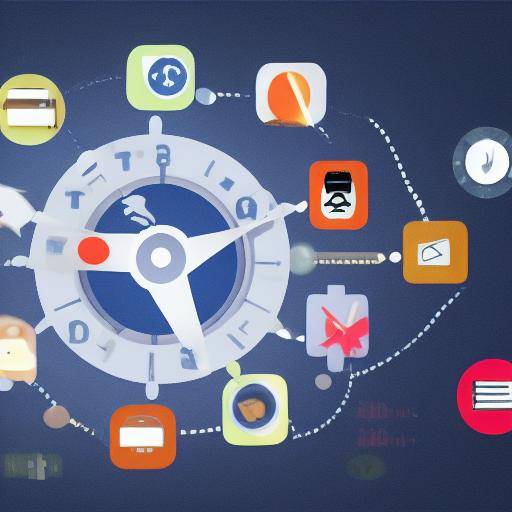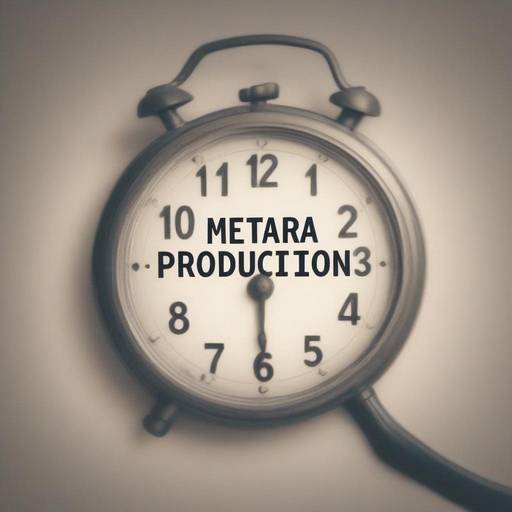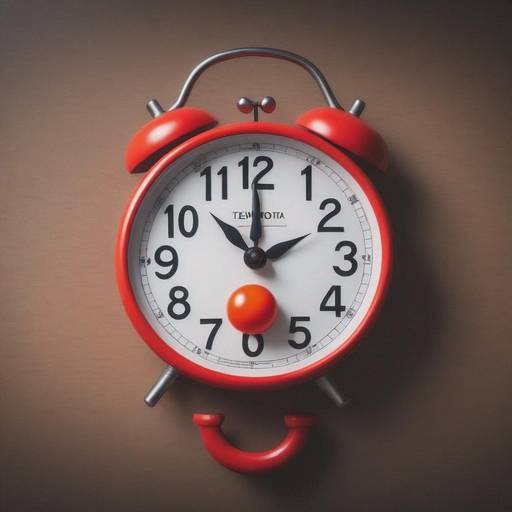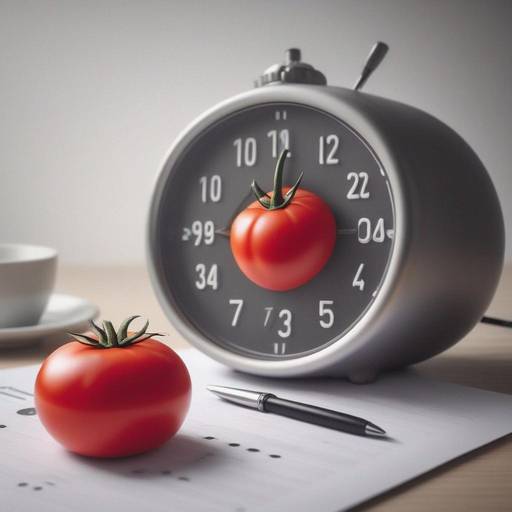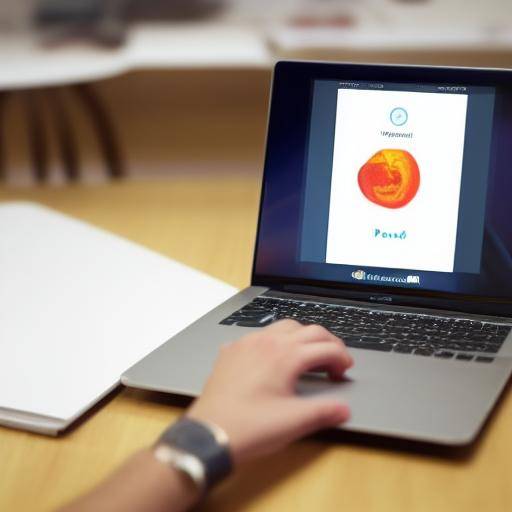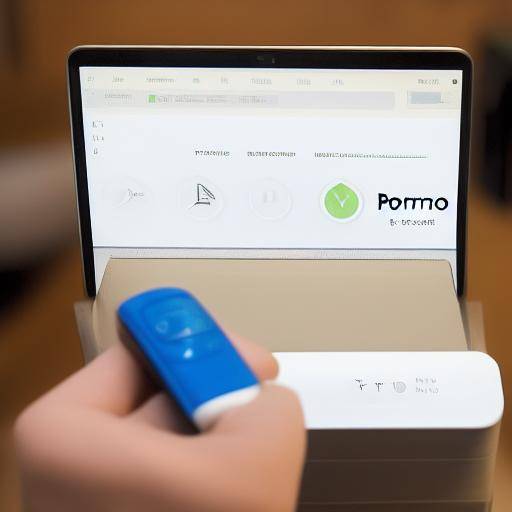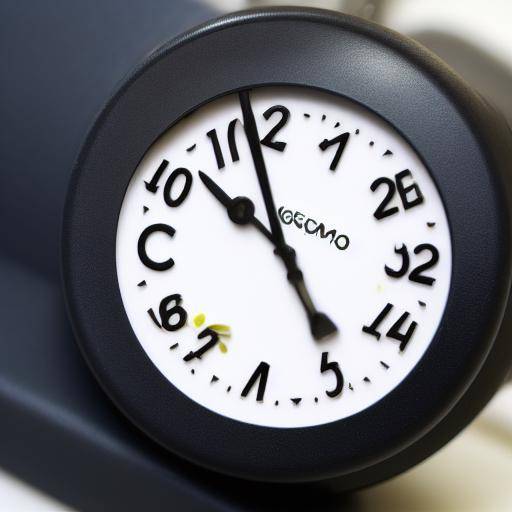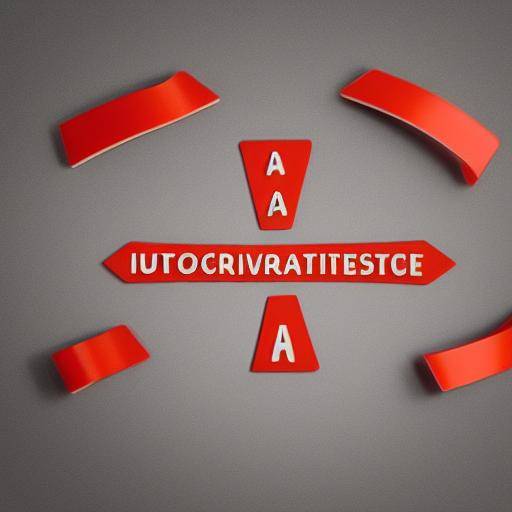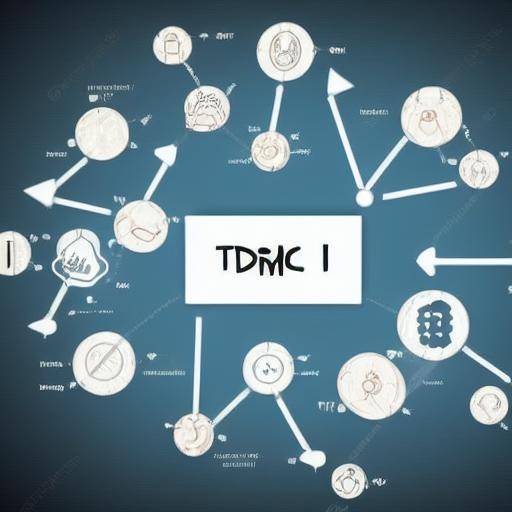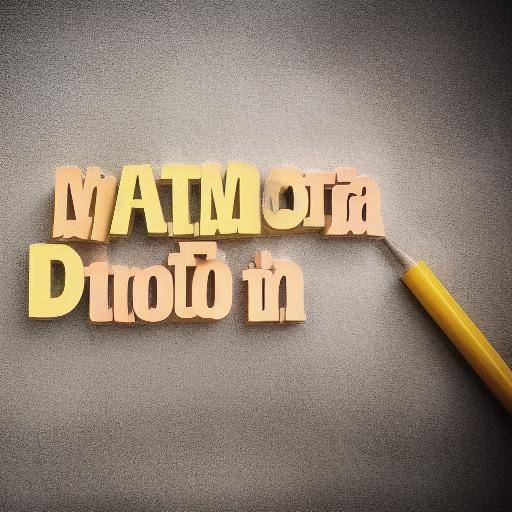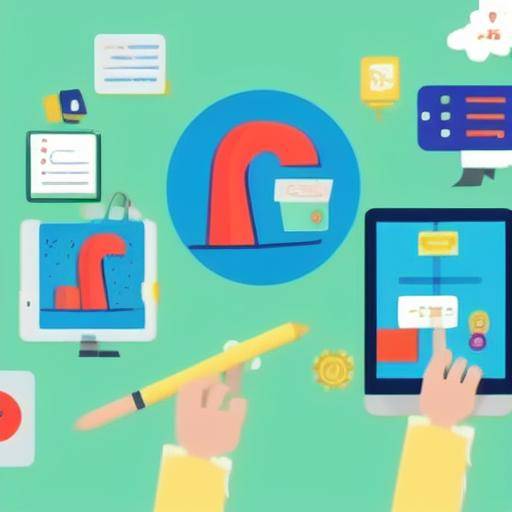
Time and productivity management are fundamental aspects of modern life, both in the working environment and in the personal sphere. In this context, journaling, or carrying a personal journal, has been revealed as a powerful tool to optimize time use, enhance organization and increase efficiency. Throughout this article, we will explore in depth the relationship between journaling, time management and productivity, in order to provide an integral, practical and enriching view on this relevant topic.
The Importance of Time Management
Time management involves the ability to efficiently organize and distribute activities, maximizing performance in a given period. Currently, with increasingly demanding labour, personal and social demands, having effective tools to manage time becomes fundamental. The proper management of time allows to reduce stress, increase productivity, improve decision-making and achieve a satisfactory balance between work and personal life.
The Personal Journal as Organization Tool
The personal journal, also known as journaling, is a practice that consists in writing thoughts, emotions, reflections and objectives. By consciously and systematically settling this information, greater mental and emotional clarity is fostered, thereby contributing to conscious decision-making and prioritization. In addition, carrying a personal journal, we encourage self-consciousness, self-reflection and self-discovery, valuable elements to enhance personal effectiveness and time management.
Organization and Efficiency: Keys for a Productive Life
The organization is a fundamental pillar in the pursuit of productivity and personal well-being. By keeping both the physical and mental environment tidy, it facilitates the development of tasks, minimizes time wasted in the search for information or materials, and fosters a greater focus on essential activities. The combination of time management with the personal organization results in greater efficiency and in the generation of more satisfactory results, both at work and in the personal sphere.
The Journaling Evolution in Time Management and Productivity
Journaling has millennial roots, finding itself in various cultures and traditions. However, its relevance in time management and productivity has reached a new approach in contemporary times. With the advent of technology, journaling has transcended the role, finding space on digital platforms and specialized applications that facilitate their adoption and customization.
The practice of journaling has evolved from an exercise exclusively introspective to a comprehensive tool that encompasses planning, goal tracking, stress management and creativity. At present, numerous studies support the benefits of journaling in the management of time and productivity, making it a practice of undisputed relevance in contemporary society.
Benefits of the Journaling for Time Management and Productivity
The adoption of a personal journal as part of time management and productivity entails countless benefits. These include:
- Mental and emotional clarity, making decisions easier.
- Effective organization of short, medium and long-term tasks and goals.
- Detailed monitoring of achievements, challenges and opportunities for improvement.
- Identification of behavioral patterns or habits that influence personal effectiveness.
- Creating ideas and solving problems creatively.
- Stress reduction by outsourcing concerns and thoughts.
The combination of these benefits has a direct impact on time and productivity management, optimizing the planning, implementation of tasks and identification of improvement areas.
Journaling for Time Management and Productivity: Purchasing Tips
By integrating journaling in time management and productivity, it is important to take into account certain practical tips that enhance its effectiveness:
- Establish journaling routines: assign a time of the day to write in the personal journal, either at the beginning of the day to plan, at the end of the day to evaluate or at specific moments to reflect.
- Using a format that adapts to individual needs: journaling can adopt various forms, from traditional paper journals, through specialized digital applications to the use of customized bullet journals.
- Maintain an organized structure: divide journaling into specific sections, such as goals, achievements, challenges, gratitude and reflections, which facilitates the identification of patterns and the monitoring of progress in different areas.
- Be honest and sincere: journaling is a personal space that allows the genuine expression of emotions and thoughts, which fosters self-consciousness and emotional healing.
- Not limited to writing: journaling may include other visual elements, such as drawings, diagrams or lists, that enrich the experience of personal expression and planning.
Integrating journaling within the daily routine, adapting it to individual needs and preferences, is key to making the most of its benefits in time and productivity management.
The combination of time management, journaling and organization
Time management is vehicized through the personal journal, in which activities, tasks and objectives are planned, reflect on their implementation and evaluate the results. The organization, for its part, provides the enabling environment for efficiency by ensuring that resources and information are available in an orderly and accessible manner. The integration of these practices allows for effective time management, as conscious planning is enhanced, detailed monitoring of activities, self-reflection and identification of improvement areas, which contributes significantly to productivity and personal well-being.
Final Conclusions
The journaling represents a powerful and versatile tool to enhance time and productivity management. By integrating this practice with effective organizational skills, an enabling environment is fostered to maximize performance, minimize stress and achieve a satisfactory balance between different areas of life.
With the evolution of modern society, the management of time, journaling and organization become increasingly relevant in the labour and personal spheres. The combination of these trends articulates a comprehensive and effective approach to the challenges of day to day, enhancing personal and professional development.
FAQs
What is the relationship between journaling and time management?
The journaling allows a conscious reflection on the distribution of time, priorities and behavior patterns, which favors a more effective management of it.
How can I incorporate journaling into my daily routine effectively?
Establishing specific moments of the day to record thoughts, emotions, goals and reflections, which fosters self-consciousness and conscious planning.
Is journaling only useful at a personal level or can it also be applied in working environments?
Journaling is equally beneficial in the workplace, facilitating planning, decision-making and monitoring of goals and projects.
Is there a preferential format to carry a personal journal, or is it important to customize it according to individual preferences?
Journaling can adapt to individual preferences, either through traditional paper formats, specialized digital applications or custom methods such as the bullet journaling.
What is the impact of journaling on stress management and anxiety?
The journaling allows you to outsource concerns, reflect on stressful situations and identify patterns of behavior that lead to anxiety, which contributes to greater mental clarity and the identification of strategies to manage stress effectively.
How can I use journaling to set goals and objectives?
The personal journal can act as a space for defining goals, disaggregating them into specific tasks, monitoring progress and assessing achievements, which enhances the effectiveness of achieving the established goals.
Conclusion
Journaling emerges as a valuable tool in time and productivity management, by facilitating conscious planning, reflection, organization and detailed follow-up of goals and tasks. By integrating this practice with effective organizational skills, an enabling environment is set up to achieve maximum performance and efficiency, both in the workplace and in the personal sphere.





















